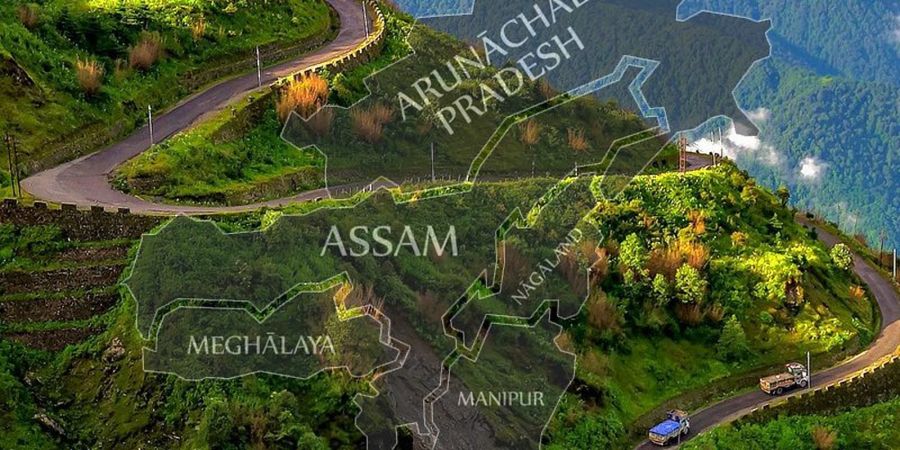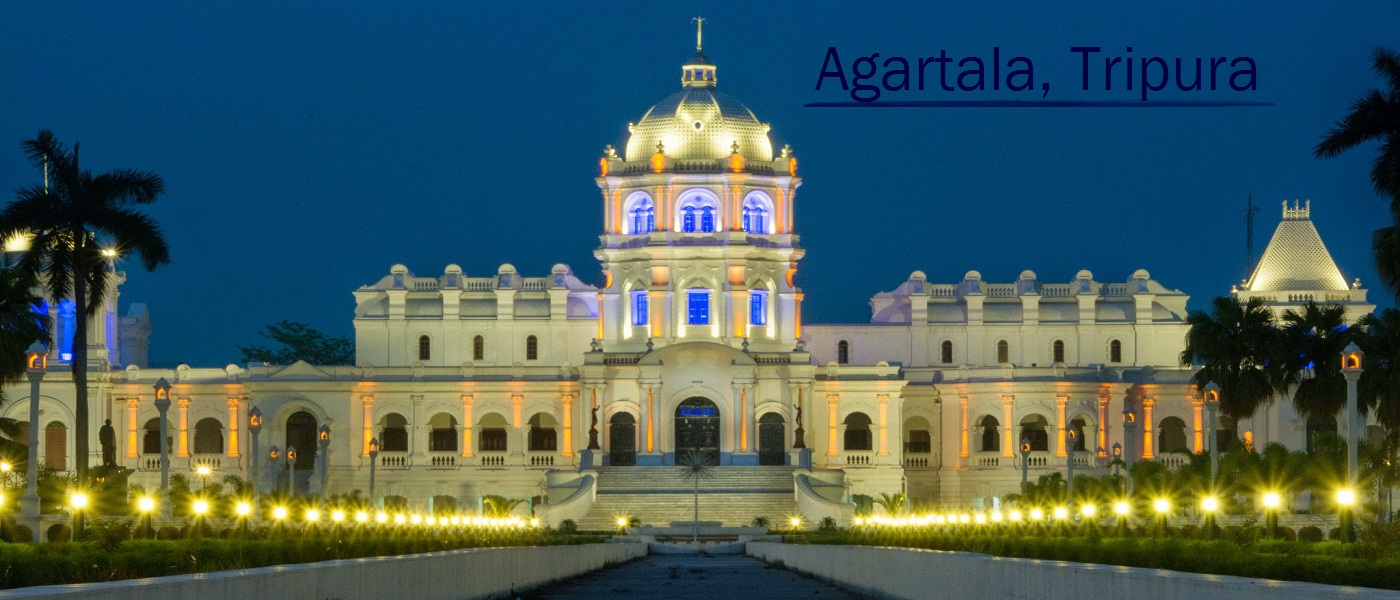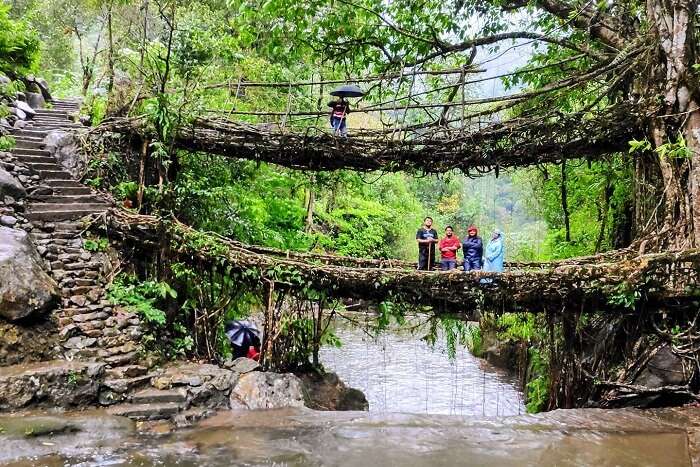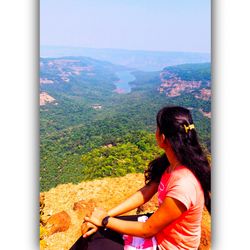

The north-eastern part of our country, India, is oftenly overlooked when we talk about the uniquity of India's cultural diversity. Not many of us are aware about some interesting facts about ‘The Seven Sisters’ states of India that contributes to the north-eastern region of our country.
These ‘Seven Sisters’ include states of Arunachal Pradesh, Tripura, Meghalaya, Assam, Nagaland, Manipur and Mizoram. Rich in cultural heritage and exotic flora and fauna with spectacular terrains, these seven sisters are connected to Sikkim through the Siliguri Corridor.
Here are some facts that will give you an inkling about what this part of our country has to offer:

Covered by nearly 60% of forest, this state is well known for its natural beauty. This is the largest state in north-east India. Tawang Monastery, the largest monastery in India and second largest in the world, is located in Tawang city of Arunachal Pradesh. Tawang is also the birthplace of Tsangyang Gyatso, 6th Dalai Lama. It is also known as the state of rising sun. This state is popularly known for The Ziro Festival of Music which is held anually presenting a wide genres of music sharing with international platform. This festival is known to be eco-friendly which encourages its audience to be responsible for the zero plastic policy.

Tripura is named after a famous 500 year old temple of goddess Tripura Sundari. This state is famous for its huge wildlife sanctuary, the Sepahijala Wildlife Sanctuary, in Uttar Charilam. Most of the land in Tripura is used in rice cultivation. NH44 is the only highway which connects Tripura to the rest of India. Neermahal, a palace sitting in the middle of Rudrasagar Lake is another eye catching wonder in Tripura. Here, basic education for children upto 14 years is must and free.

This is the state where Asia's cleanest village, Mawlynnong, is located. This village is also known as ‘God’s Own Garden' where the residents not only manage to keep the roads well-maintained and clean but also plant trees to preserve and enhance mother nature's beauty. Meghalaya is most famous for its living root bridges made up of roots of rubber trees. It is the only state to follow Matrilineal System where women lay down their inheritance and lineage. India's cleanest river, Umngot River, flows through the Dawki town of this state.
The only state in Northeast India to see Menstruation course of Goddess Kamakhya as a festival, named ‘The Ambubachi Mela’. The largest riverine island in the world, Majuli, is located near Jorhat in Assam. The Kaziranga National Park, one of the World Heritage Sites, which is famous for one-horned rhinoceroses, is situated in Assam. World's oldest oil refinery, Digboi, is also located in Assam. The state is also well known for archeological sites and tea plantations. World's hottest chilli, Bhut Jolokia also known as ‘Ghost Peppers’ are also grown here.

This state is popular for celebrating ‘The Hornbill Festival’ which pays tribute to the its tradition and cultural heritage. Nagaland is one of the two states where World War II was fought. Battle of Kohima was selected to be ‘Britain’s Greatest Battle' by British National Army Museum. This is the only state in India to register the decline of 0.47% in population between 2001 and 2011. The official language of Nagaland is English and about more than 70% of population are Christians.

Floating on the waters of Loktak Lake in Manipur, the Keibul Lamjao National Park is the only floating park in the world. It is home to 17 rare species of mammals and brow-antlered deer who is at the verge of extinction. This is supposed to be the place where the sport Polo was originated. Loktak Lake is the largest freshwater lake in India. Khongjom War Memorial in Manipur has the world's tallest sword Statue. Ima Keithel, a 500 years old market in this state is Asia's biggest market to be wholly run by women. In spite of being a dry state, the residents enjoy the liquor made from Manipuri Rice.

This state is the leading producer of bamboo in India but this also gives birth to an unusual problem known as ‘Mautam’ means ‘Bamboo Death’. The abundant supply of seeds due to bamboo flowering leads to an extensive increment in the pest population which later destroy the crops causing famines. After Kerala, Mizoram is the second most literate state in India. Aizwal, the capital of Mizoram, is geographically significant for being the only place in India being passed through by Tropic of Cancer.
These were some facts that we, being a part of this country, should be aware of our states and our people.
Let me know if you would like to know more about these states, I can cover each of them in detail in my upcoming articles.








